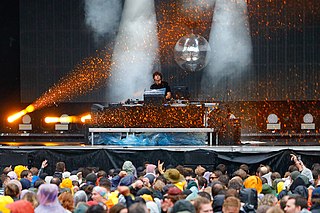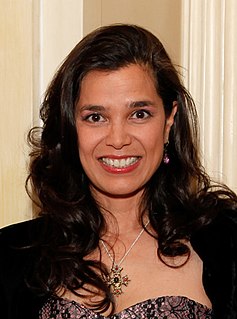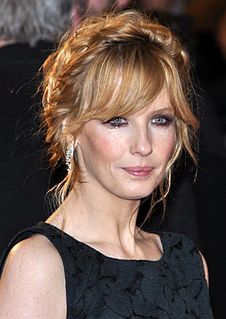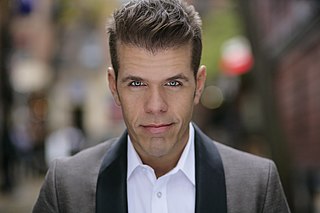A Quote by David Lloyd
Our society's need for escapism has always interested me.
Quote Topics
Related Quotes
Why shouldn't I be interested in politics? That is to say, what blindness, what deafness, what density of ideology would have to weigh me down to prevent me from being interested in what is probably the most crucial subject to our existence, that is to say the society in which we live, the economic relations within which it functions, and the system of power which defines the regular forms and the regular permissions and prohibitions of our conduct. The essence of our life consists, after all, of the political functioning of the society in which we find ourselves.
We've been led to believe that we have a very dumbed-down society - and that people are not thinking and are just sort of interested in escapism. However, if you look at this young generation, what I've been noticing is that they are extremely compassionate. They are extremely globally aware and interested, and they want to participate in making the world a better place - but they don't know how. As adults we are failing them by not providing them with any sort of guidance, any map, or any blueprint to do this stuff.
Every single bit of entertainment is escapism. It's because you are saying, "Let's see what this other person's life is like." And also it's beyond escapism, its entertainment and art as such can elevate the species. The entertainer supposedly is the muse. They're the ones who tell you what is wrong with society in a humorous way. They're the ones who do an expose about this or a documentary about that about the injustice of this. So it can be a very powerful medium.
I think there seems to be a need for escapism at the moment. Maybe that's the type of world we're living in. It's a sanctuary, in a way, where you can immerse yourself in something that doesn't exist, whether that's TV shows or comic books or novels. it's not solely down to magic and vampires - that's in at the moment. but escapism, being a part of other worlds, is very good for you.
I am seized with an abiding fear regarding what these two instruments are doing to our society, our culture and our heritage. Our history will be what we make it. And if there are any historians about fifty or a hundred years from now, and there should be preserved the kinescopes for one week of all three networks, they will there find recorded in black and white, or color, evidence of decadence, escapism and insulation from the realities of the world in which we live.
Our society and our organizations have learned to value masculine, 'quick-fix' traits in leaders. In a primitive society, a rural society, or even the industrial society of the early 1990s, quick fixes worked out all right. But they are less likely to work in a complex society. We need to look at long-range outcomes now. Service and patience are what can keep things running effectively today and women can contribute a lot in both of these areas.








































